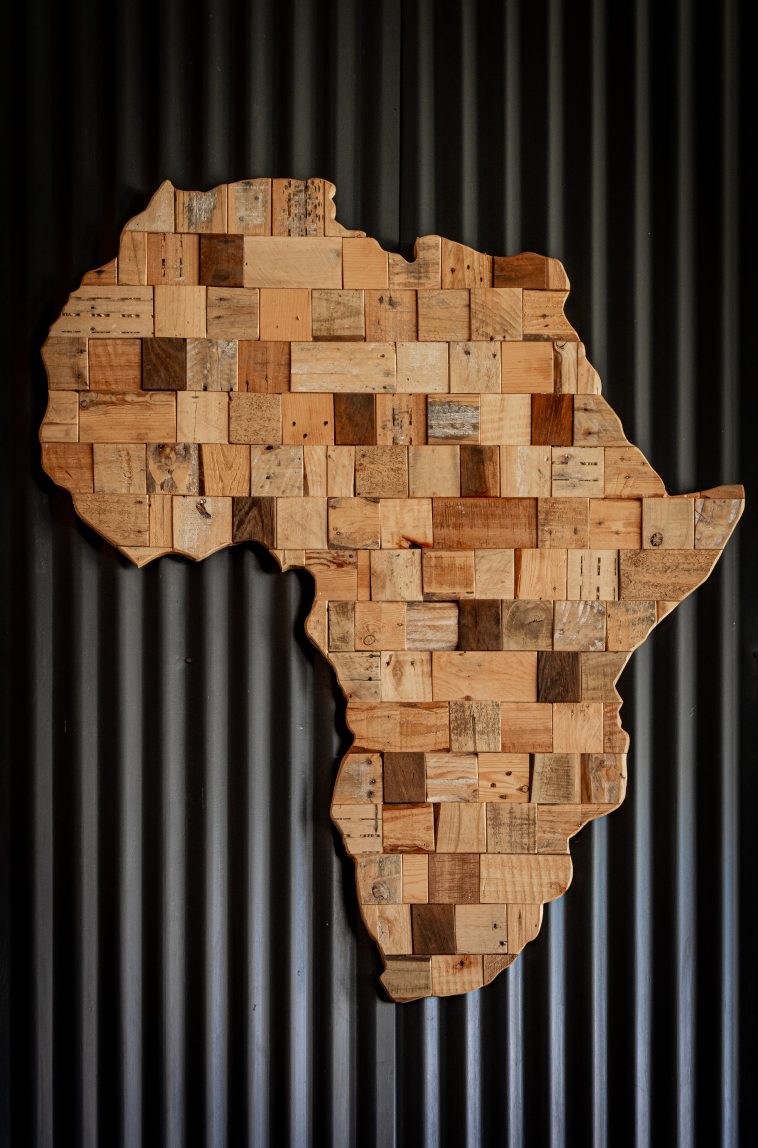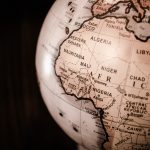By 2050, Africa’s digital economy might add $712 billion to the continent’s GDP. In Pakistan, the digital revolution has the potential to unlock up to $59.7 billion in annual economic value by 2030, which is almost 19% of the country’s GDP.
In the Middle East and North Africa, technology has the potential to increase GDP by 40%, or $1.6 trillion, while also creating 1.5 million manufacturing employees over the next 30 years. Nonetheless, investment in these places could be better compared to other regions. These regions received barely 2% of the $643 billion in worldwide venture capital in 2021.
To fill this gap, the International Finance Corporation (IFC) has set up a $225 million platform to invest in early-stage startups in Africa, the Middle East, Central Asia, and Pakistan.
The IFC said it will use the platform to make equity and “equity-like” investments in tech startups to “grow them into scalable ventures that can attract mainstream equity and debt financing.”
The new platform is part of the IFC’s Startup Catalyst Program, which invests in and works to create innovation ecosystems in Africa, the Middle East, Central Asia, and Pakistan..
The IFC will also try to get more money from other groups working on the development and the private sector. So far, it has reached an extra $50 million from the Private Sector Window of the International Development Association’s Blended Finance Facility, which lowers the risk of investments in low-income countries.
The IFC has helped startups like Twiga Foods, a Kenyan technology platform for food distribution; TradeDepot, a B2B e-commerce startup that connects brands with retailers; and Toters, an on-demand delivery platform in Iraq and Lebanon.
The IFC platform will continue to invest in places other than Egypt, Kenya, Nigeria, Pakistan, Senegal, and South Africa, which are considered significant hubs. The IFC platform will continue to invest in places other than Kenya, Egypt, Nigeria, South Africa, Pakistan, and Senegal, which are considered significant hubs.
 We just launched our WhatsApp channel. Want to get the latest news from the Tech in Africa?
We just launched our WhatsApp channel. Want to get the latest news from the Tech in Africa?



